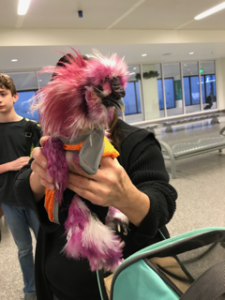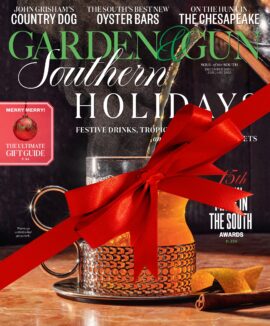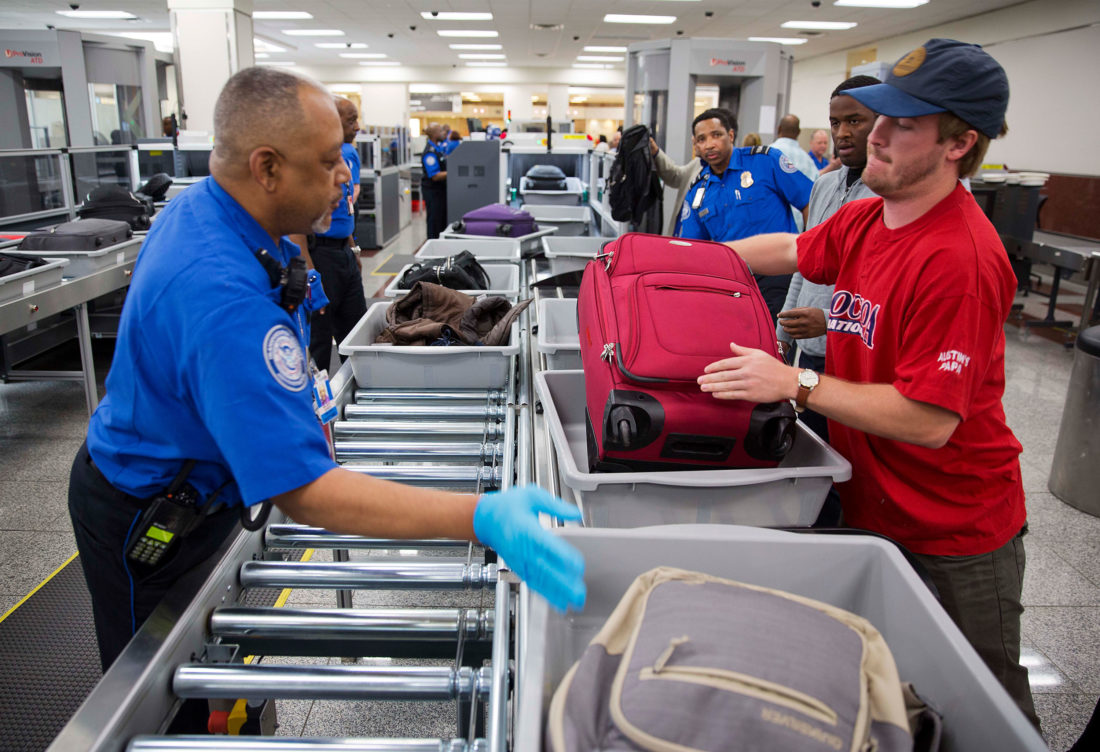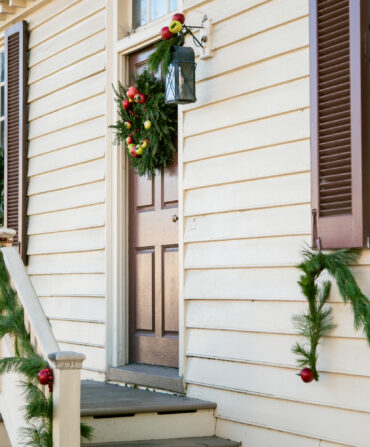Boarding pass? Check. Duck boots off and in the screening bin? Yes. Tickets to the game in a secure, undisclosed location? Done and done. You’re ready to go through the TSA checkpoint at your favorite airport, Southerner. Or are you?
Depending on how carefully you have read the rules for what is and is not allowed in your carry-on bag, you may be on the verge of committing one of the most common packing sins at Southern airports this holiday season.
To find out exactly what those are, we spoke to Mark Howell, the Southeast regional spokesman for the Transportation Security Administration, about the most common, crazy, and just plain weird things his agents pull aside at Southern airports. Some are verboten, others are just very, very strange. So pay attention and pack accordingly.
“We see a lot of live animals in the South,” Howell says. “Charleston International Airport had a service duck earlier this year and a pink emotional support chicken. It was a gamecock.” Both of the birds made it through security and got their wings.

Photo: Courtesy of TSA
A chicken at the Charleston airport.
Other animals flying the friendly skies: service pigs, service monkeys, and a service turkey named Easter. Unlike your 16-ounce bottle of shampoo, nearly any live animal is okay by the TSA, as long as it’s gotten clearance from the airline in advance. Easter the turkey even got a ride to the gate and her own seat for her flight to Washington state.
Not-so-live animals, from taxidermy to hunting booty, are also frequent flyers out of Southern airports. Like their live counterparts, dead animals are mostly good to go, but they should get an airline sign-off, too. “I’ve seen a lot of animal parts,” Howell says. “And meat. We see meat all the time. If you have it in a container and it stays there, it’s allowed.”
Speaking of containers, Howell says individual Southern airports get repeat offenders when it comes to liquid souvenirs.
Screeners at Memphis International Airport estimate they pull out 20 to 30 pounds of barbecue sauce from travelers’ bags every week. And at Louisville International Airport and Bluegrass Airport in Lexington, Kentucky, bourbon in large batches is the number one carry-on no-no (other than loaded weapons).
And from Palm Beach to Panama City in Florida, Spring Break is always high season for sunscreen surrender. “Everybody wants to bring their leftover sunscreen back in their bags,” Howell says.
Other distinctly Southern souvenirs cause problems in airports, too. Tops on the list: bricks. Yes, bricks.
“People go to a historical building or an old plantation or antique shop and try to bring one of the bricks through a checkpoint,” he says. “Railroad spikes as well. Basically anything that could be used as a weapon cannot go in a carry-on bag.”
That rule goes for tools, too, no matter how well-meaning a traveling Southern gardener might be. “Tools shorter than seven inches are good to go,” Howell says. Not okay and always kept back: Weed whackers, chainsaws, hacksaws, and a recently discovered cast-iron antique rake head. “That’s a no-no.”
Knowing Southerners’ proclivity for refreshments, above and beyond souvenir sauces, we asked about food and drink. On the yes-fly beverage list: As many 3.4-ounce beverages as you can fit into one quart-size bag (as long as you leave them closed in flight). Anything bigger needs to be checked, even your beloved bourbon. And lots of Southern food favorites make the cut for carry on, including crawfish, bacon, fried chicken, pie, and King Cakes (“as long as there’s nothing but the baby inside,” the TSA specifies on its Instagram account). Even Jell-O gets a nod from the TSA’s Howell.
But he offered a rule of thumb for butters, pastes, and gels of unspecified origin: “If you can pour it, smooth it, or spread it, just pack it in a checked bag.”
Also on the culinary no-go list: Chef’s knives, skewers, and corkscrews with miniature knives attached. Naked corkscrews, on the other hand, are fair game. No, it doesn’t make sense, but let’s just take the win.
And finally, now’s the time to point out that nearly all of the items that don’t make it through a checkpoint can go in a checked bag, mailed ahead, handed off to a friend outside of security, or repackaged into three-ounce containers, if you leave yourself enough time to deal with it. Otherwise, it’s adios, Old Crow.
“We call it ‘surrendered’ or ‘voluntarily abandoned’ instead of confiscated,” Howell says. “We’re not going to take it away from you. There is almost always a way to get your goods home instead of trying to pass the checkpoints.”
And if you’re ever in doubt, the security administration has this helpful list. Or you can check with the good people at TSA directly by Tweeting a picture of your turkey, pie, or pickle jar to @AskTSA. (Or use Instagram.)
So to summarize—Pie: yes. Bricks: no. Anything weird: Tweet before you go.








